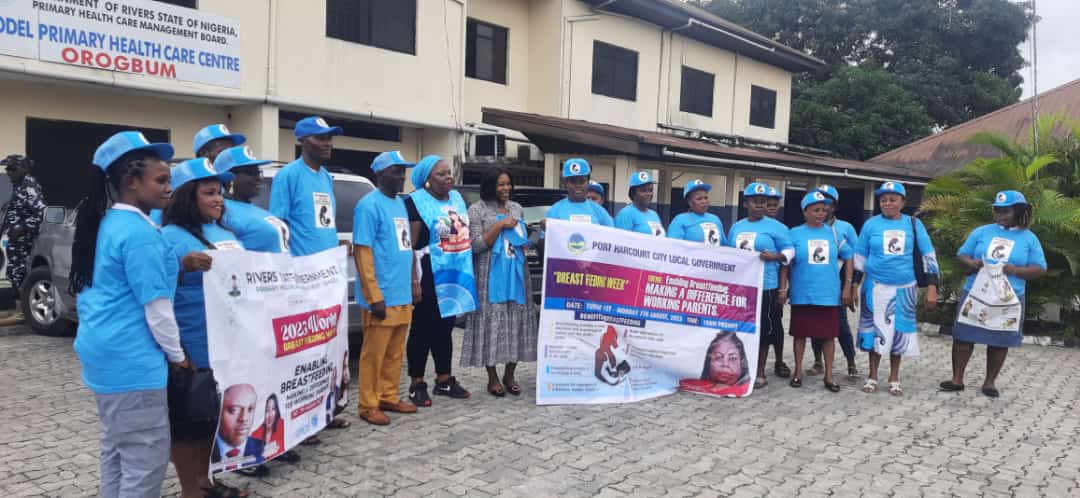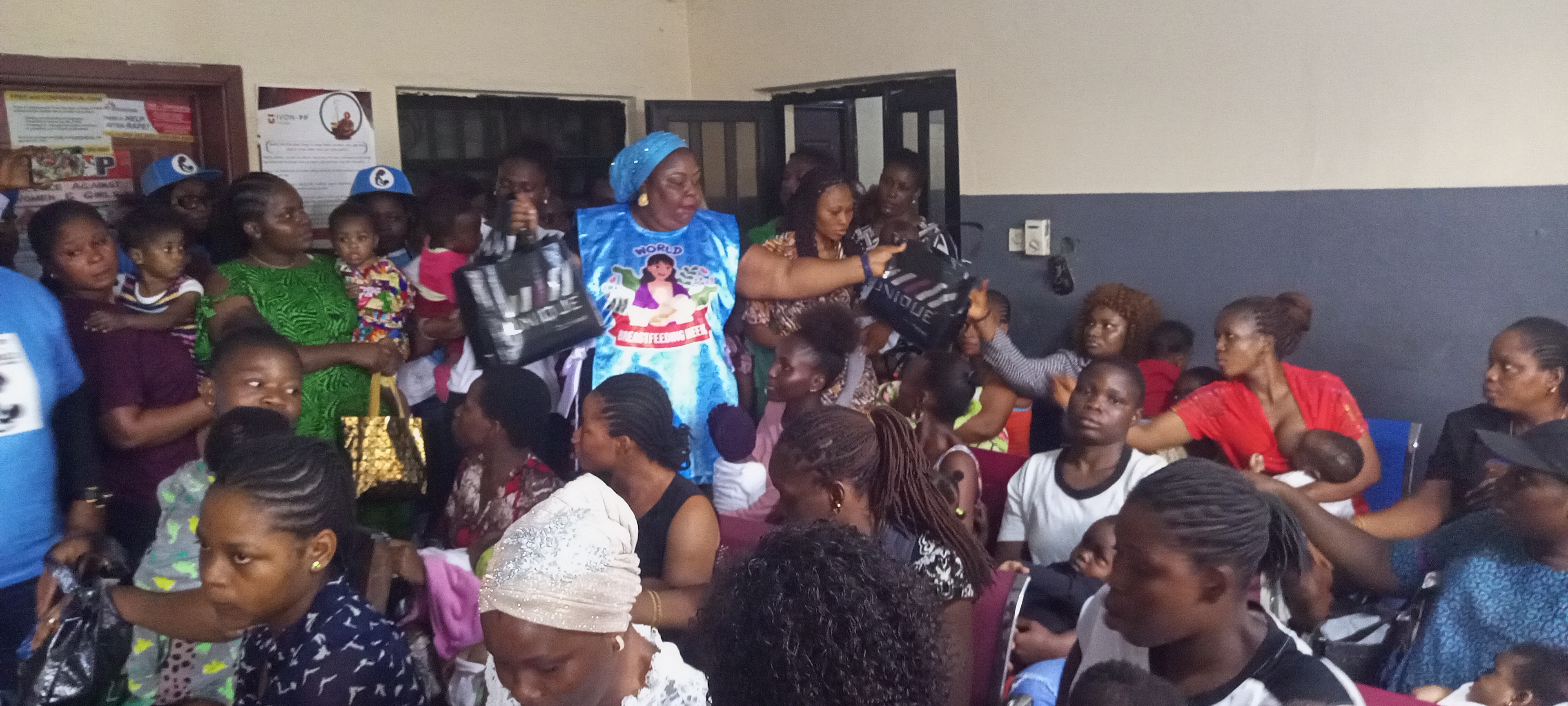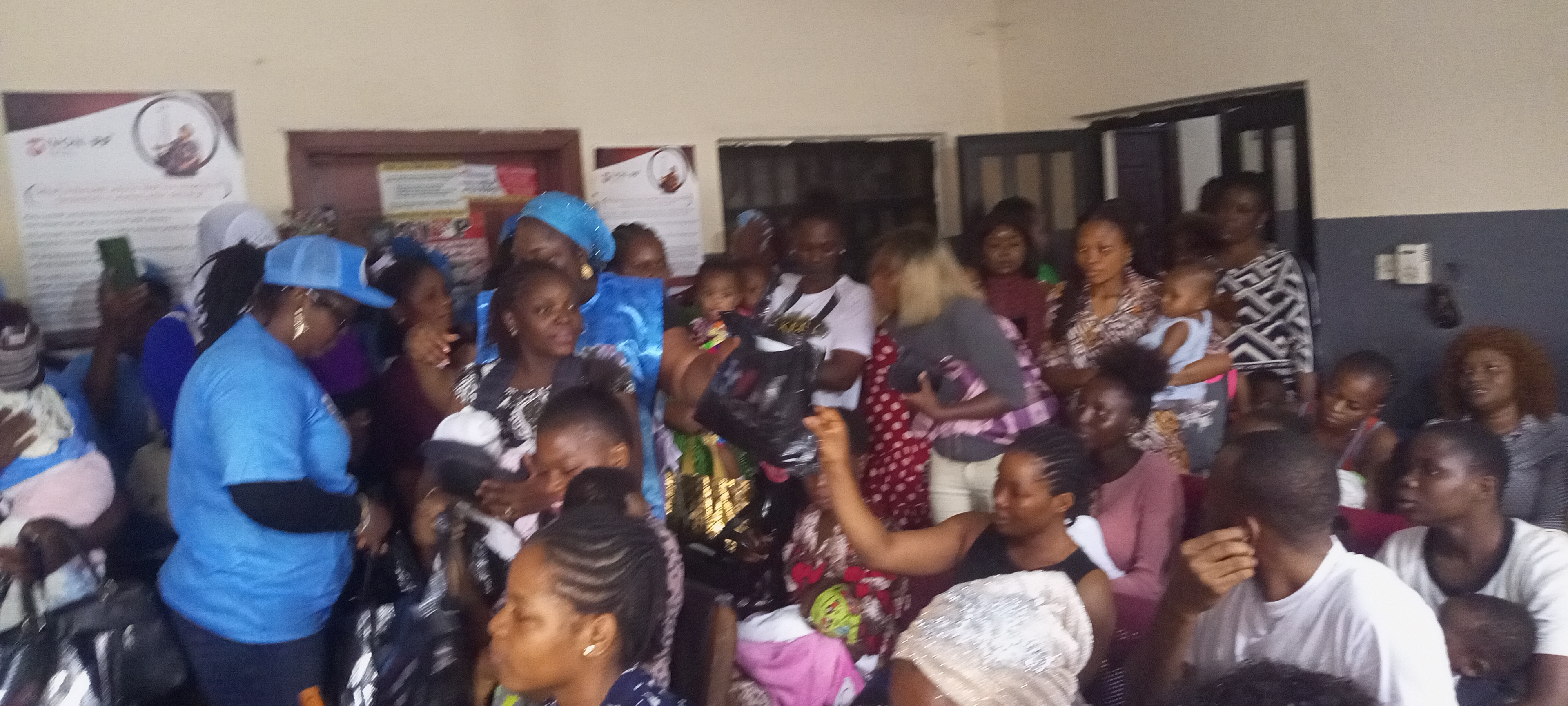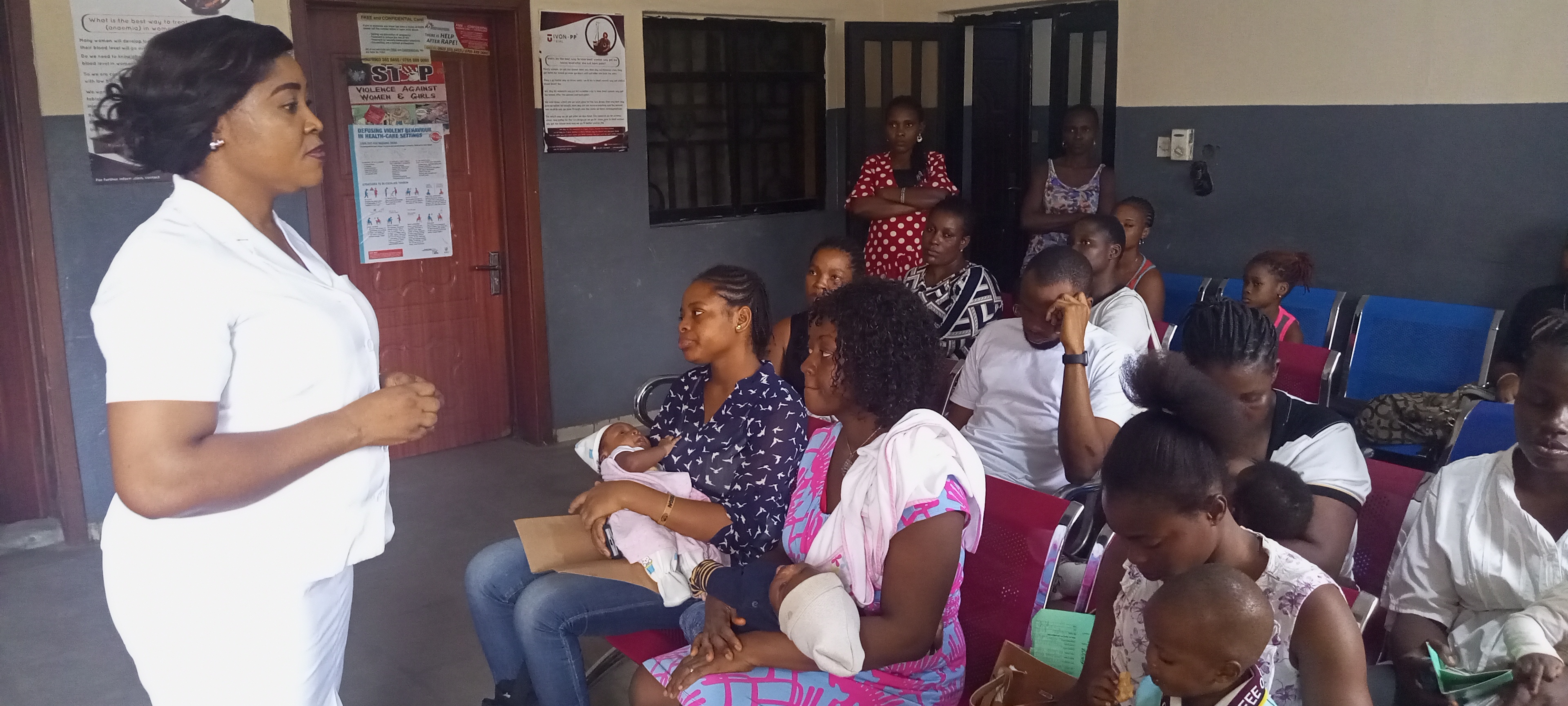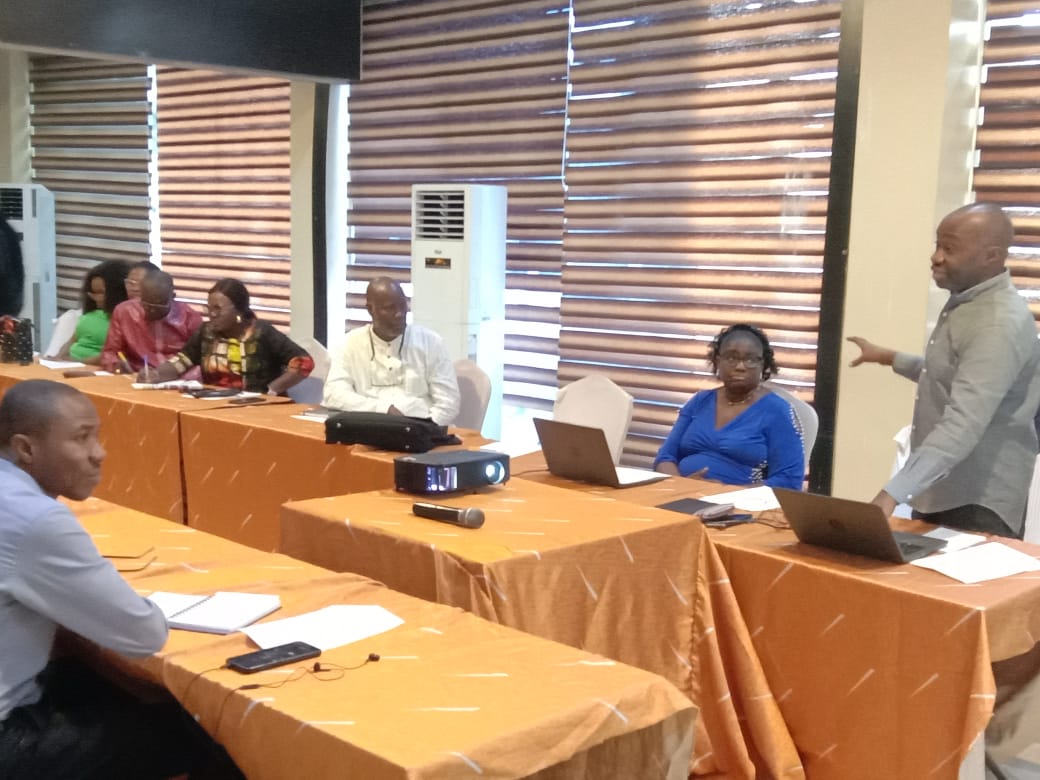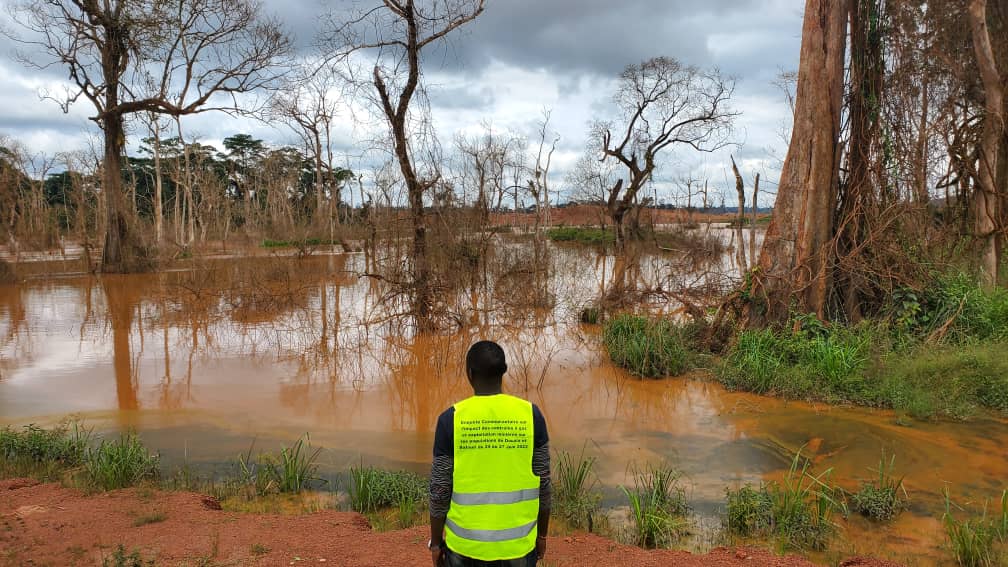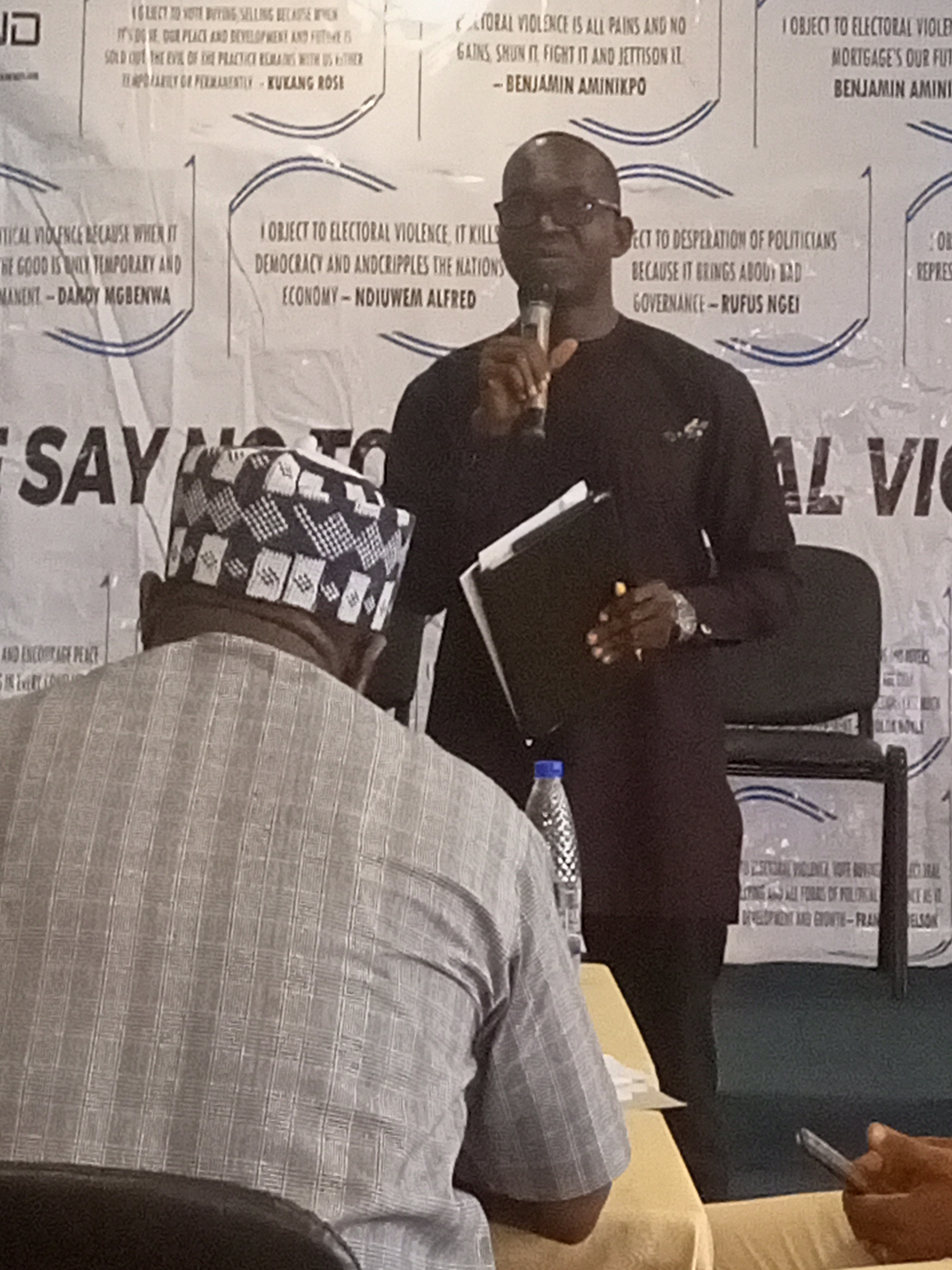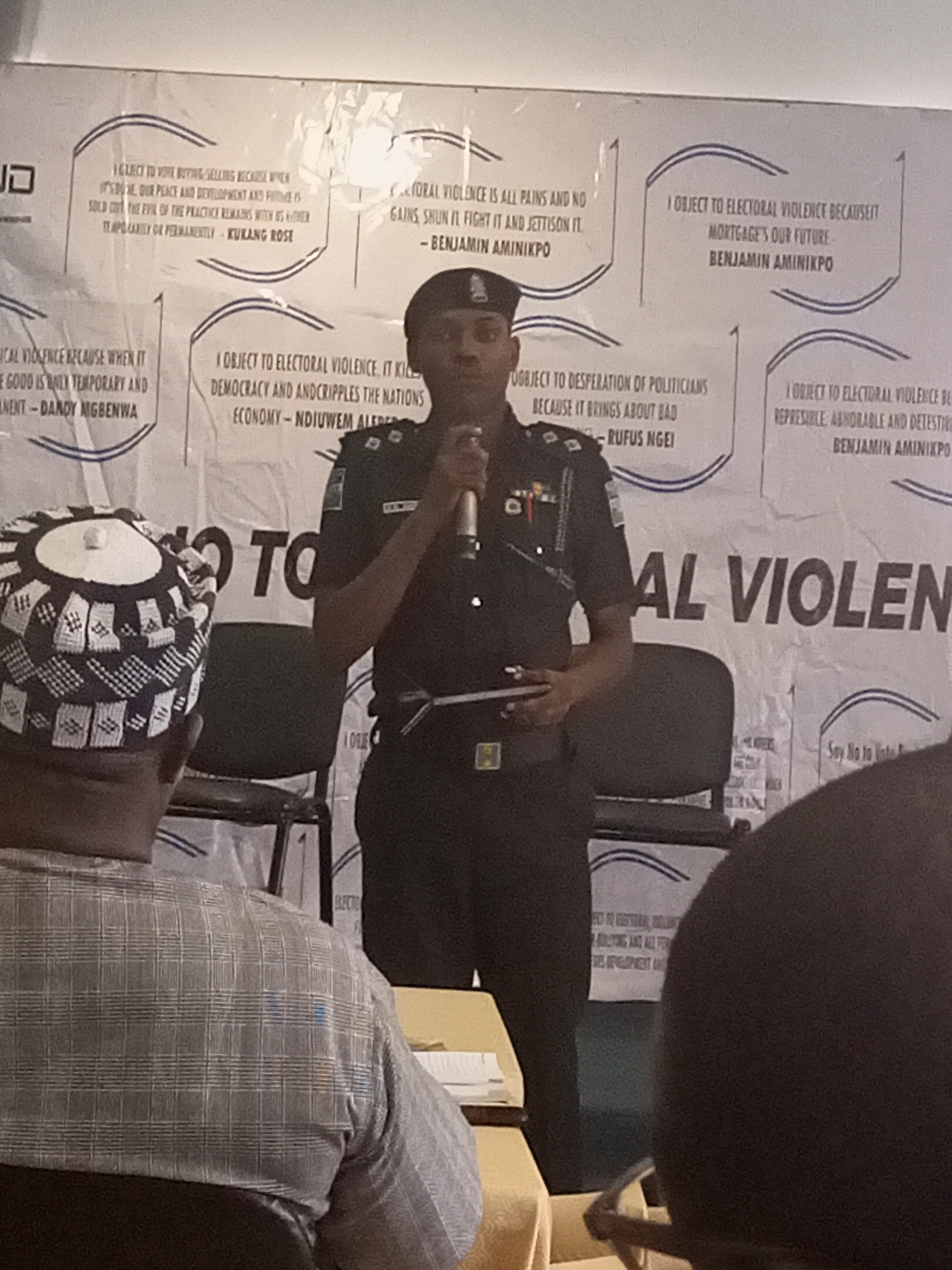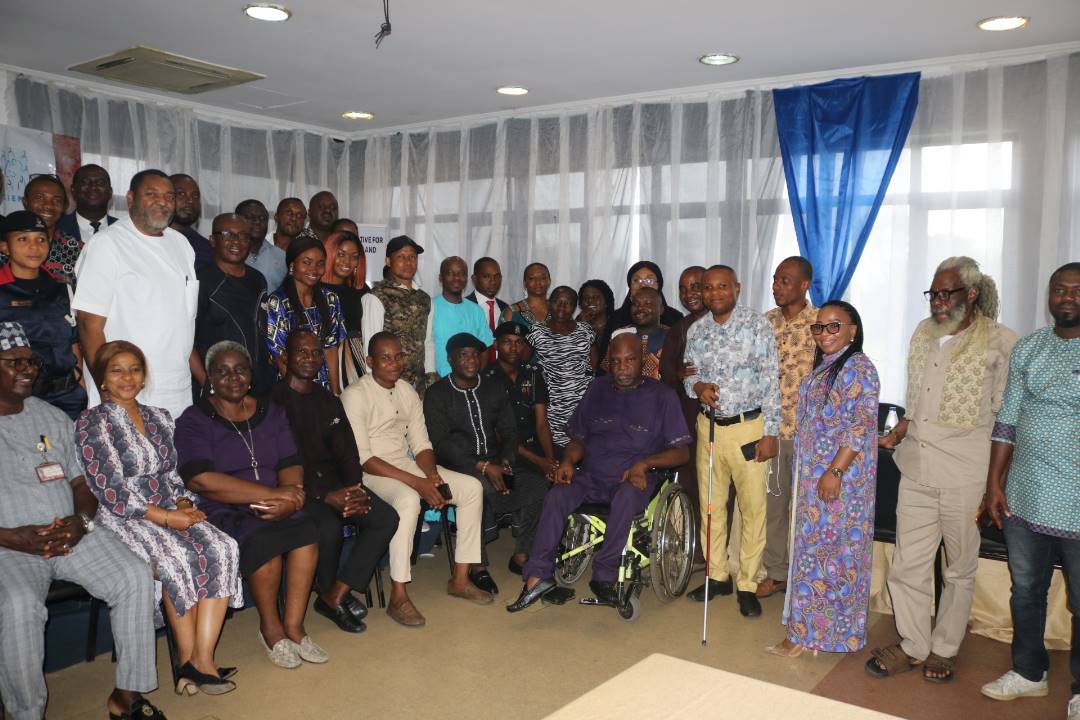
By Smith Nwokocha
Capacity Building Workshop on Prevention of Sexual Exploitation and Abuse (PSEA) in Shelter (Train-The-Trainer) under The A-TIPSOM Nigeria Project (Action Against Trafficking in Persons and Smuggling of Migrants in Nigeria by FIIAPP/EU).
Venue: Landmark Hotels Ltd, Port Harcourt, 25th-28th July, 2023.
The four (4) days capacity building workshop on prevention of sexual exploitation and abuse (PSEA) in shelter (Training of Trainers) under the A-TIPSOM NIGERIA project (Action Against Trafficking in Persons and Smuggling of Migrants in Nigeria by FIIAPP/EUROPEAN UNION took place in Port Harcourt, Rivers State for some selected key executive members of Network Against Child Trafficking, Abuse & Labour (NACTAL) drawn from South-South (Akwa Ibom, Bayelsa, Cross River, Delta, Edo & Rivers States)/ South East (Abia, Anambra, Enugu, Ebonyi, & Imo States) region of the country.
The training commences with the arrival and registration of participants from their respective states, then followed by an opening remark by Abdulganiyu Abubarkar the NACTAL National
President declaring the 4days workshop open, while the Rivers State NACTAL Coordinator Madam Doris welcomed participants to River State the garden city the venue of the event. She assured participants a peaceful and enjoyable stay throughout their stay in rivers state in her welcome address. Participants took turn to introduce themselves.
THE FACILITATOR (MADAM CHRISTIANA) TAKES THE PARTICIPANTS ON “INTRODUCTION TO SEA” (DAY ONE):
She narrated that: The Prevention of Sexual Exploitation and Abuse (PSEA) e-learning course is mandatory for all UN Funds and Programmes Personnel including staff, consultants, individual contractors, stand- by personnel, UN volunteers, interns and other persons who work for the UN under an individual contract, whether at Headquarters or at other duty stations. Personnel of implementing partners and institutional contracts associated with the UN are also strongly encouraged to take this course.
The e-learning course is composed of a set of lessons designed to: Raise your awareness about Sexual Exploitation and Abuse,
Become familiar with a range of measures to combat Sexual Exploitation and Abuse, Understand the impact of Sexual Exploitation and Abuse on victims and
The consequences for UN Personnel who commit Sexual Exploitation and Abuse

Some of the key Defining Terminologies/ Preliminary discussion on SEA Sexual Exploitation Abuse:
Any actual or attempted abuse of a position of vulnerability, differential power, or trust for sexual purposes, including but not limited to, profiting monetarily, socially, or politically from the sexual exploitation of another.
Sexual Abuse
Is the actual or threatened physical intrusion of a sexual nature, whether by force or under unequal or coercive conditions.
Trafficking
Trafficking is the recruitment, transportation, transfer, harbouring or receipt of persons, by the threat or use of force or other means, for the purpose of exploitation.
Immediately after Lunch break participants were divided into two groups to study and discuss some case scenarios as a group and report the next day of the training.
IN DAY TWO: MADAM CHRISTIANA, THE FACILITATOR, DID A QUICK RECAP OF DAY ONE AND ENGAGED THE PARTICIPANTS ON THE BUSINESS OF THE DAY;
Six Core Principles Relating to Sexual Exploitation & Abuse:
“Sexual exploitation and abuse by humanitarian workers constitute acts of gross misconduct and are therefore grounds for termination of employment.
Sexual activity with children (persons under the age of 18) is prohibited regardless of the age of majority or age of consent locally. Mistaken belief regarding the age of a child is not a defense.
Exchange of money, employment, goods, or services for sex, including sexual favours or other forms of humiliating, degrading or exploitative behaviour is prohibited. This includes exchange of assistance that is due to beneficiaries.
Sexual relationships between humanitarian workers and beneficiaries are strongly discouraged since they are based on inherently unequal power dynamics. Such relationships undermine the credibility and integrity of humanitarian aid work.
Where a humanitarian worker develops concerns or suspicions regarding sexual abuse or exploitation by a fellow worker, whether in the same agency or not, he or she must report such concerns via established agency reporting mechanisms.
Humanitarian workers are obliged to create and maintain an environment which prevents sexual exploitation and abuse and promotes the implementation of their code of conduct. Managers at all levels have responsibilities to support and develop systems which maintain this environment.”
Causes of Sexual Exploitation & Abuse
Victims
Organizations Community
Consequences of Sexual Exploitation & Abuse
physical harm – pain – trauma – psychological harm
STDs; HIV/AIDs – infertility – stigmatization – loss of reputation – shame
guilt – fear – confusion – depression – death – self harm – rejection by spouse/family – ostracized by the community – loss of employment/income – loss of access to education/opportunity – unwanted pregnancy – abortion – breakdown of support structures.
STDs, HIV/AIDs – loss of employment/income – loss of reputation – shame – rejection by spouse/family – security risk
Loss of trust from community, Loss of funding, security risk, Loss of Staff, Loss of trust,
Drain on resources, unwanted children, break-down of support structures.
Organizational Prevention of Sexual Exploitation & Abuse (PSEA) Responsibilities
Prevention Enforcement
Personal Responsibilities
Responsibilities to Beneficiaries / Communities
Reporting Sexual Exploitation & Abuse (SEA)
Below are sample reports:
Reporting Obligations of Sexual Exploitation & Abuse (SEA) What? Issue of SEA
By whom? Anyone
To whom? Multiple Channels
How to report: Through emails, Phone, in person, on paper/anonymously
You’re Protected
Confidentiality
Retaliation against a staff member because he/she made a good faith report of PSEA is prohibited by another Safeguarding Policy, referred to as the “whistle blower.”
Fraudulent allegations that you know are false are misconduct and not protected.
Dos in Reporting
Find a safe place to talk and reassure them they have done the right thing by speaking out.
Listen to and acknowledge what is being said, repeating your understanding. Ask for their consent and what they would like to happen next.
Don’t in Reporting
Don’t Promise to keep it a secret or make any promises you cannot keep. Don’t Be dismissive, defensive or blame others.
Don’t Ask probing questions, push for more information, or investigate the incident any further
Approach taken with Media:
Proactive and transparent
Need to follow due process and respect confidentiality Senior officials have talked at all levels.
- Need to combat gossip with facts (where available) and UN approach Encourage accurate reporting by media and not to “exploit” victims in the press.
DAY THREE (3):
THE FACILITATOR, COVERED: “DEVELOPING ORGANIZATIONAL PSEA POLICY!” (PROTECTION FROM SEXUAL EXPLOITATION AND ABUSE).
Good practice of PSEA policies and procedures:
Be clear and accessible for everyone.
Reflect the philosophy and values of the Organization.
Recognize Gender specific vulnerabilities and promote Gender equality.
Establish standard required by law, where necessary.
Be intentional about recruitment.
Respect the best interest of the Child.
Provide continuity as members come and go.
Ensure that issues are dealt with in a consistent way.
Be owned and directed by Leadership to ensure implementation.
Practical Actions to Address PSEA Risks:
Gender-Balanced Team/Increased number of female staff.
Supervision/Accompaniment of staff and volunteers, for examples; Staff and Volunteers should work in pairs and never be alone with a child.
Designate PSEA focal points and ensure they are well known to the volunteers, staff, and community members.
Map referrals and share referrals pathways with staff and volunteers.
Establish a complaints mechanism for SEA concerns.
Train groups vulnerable towards SEA on how to claim their rights to be safe and protected from abuse.
Identify safe spaces for project activities.
Train staff and volunteers in developing rapport and trust with community members.
Collaborate with local women’s groups, disabled people’s organizations, and child protection actions to help shape PSEA Programming.
Tools for Developing PSEA Policy:
Organizational PSEA Assessment.
Designating PSEA Focal points.
Supporting development of PSEA Policies.
Recruitment and induction procedures, including screening.
Safe organizational culture.
Integrating PSEA into projects and services.
Establishing a Safe complaint mechanism for SEA concerns.
Reporting concerns related to PSEA.
Investigating and responding to SEA concerns.
Providing assistance to survivors.
N/B: Zero tolerance for Sexual Exploitation and Abuse.
Code of Conduct:
DAY FOUR (4):
Rehearsal of the previous day’s training.
State’s Step-down Plan Training
Step-down training for Organization on PSEA.
Participants share Reflections on the Training:
Mr. Adeniyi from Kano State (Secretary-NACTAL): Delighted in the training, the development sector needs such training. The subject focused on PSEA training; working with beneficiaries at the shelters, we should discipline ourselves on this international treaty. IUC Materials will be needed for members, maybe inform of infographics.
National Women Leader: She added, among Civil Society partner, issues on Sexual Exploitation and Abuse is very common, and at such this training on PSEA is so important on safeguarding staff and volunteers and all participants have seen the need to adhere to the training.
Secretary of Rivers State NACTAL appreciates the President, Zones for such training. More members will also benefit from this training. Promised that the Governor is interested in NACTAL activities and has communicated it through the office of the Commissioner of Education and will be part of an Interactive session with NACTAL in the next programme, if it comes to Port Harcourt.
President’s Closing Remarks:
Appreciates FIIAPP for Sponsoring the training and thanked all members for their participation and prayed for journey mercies.
Next month, two NACTAL members will be taken to Spain for training/exchange programme in September. Between now and October, Programmes of Interventions will be prioritized in Rivers State and Bayelsa.
The President, urge all members to make the platform active and thanked everyone for their time and wished them God’s blessings.



